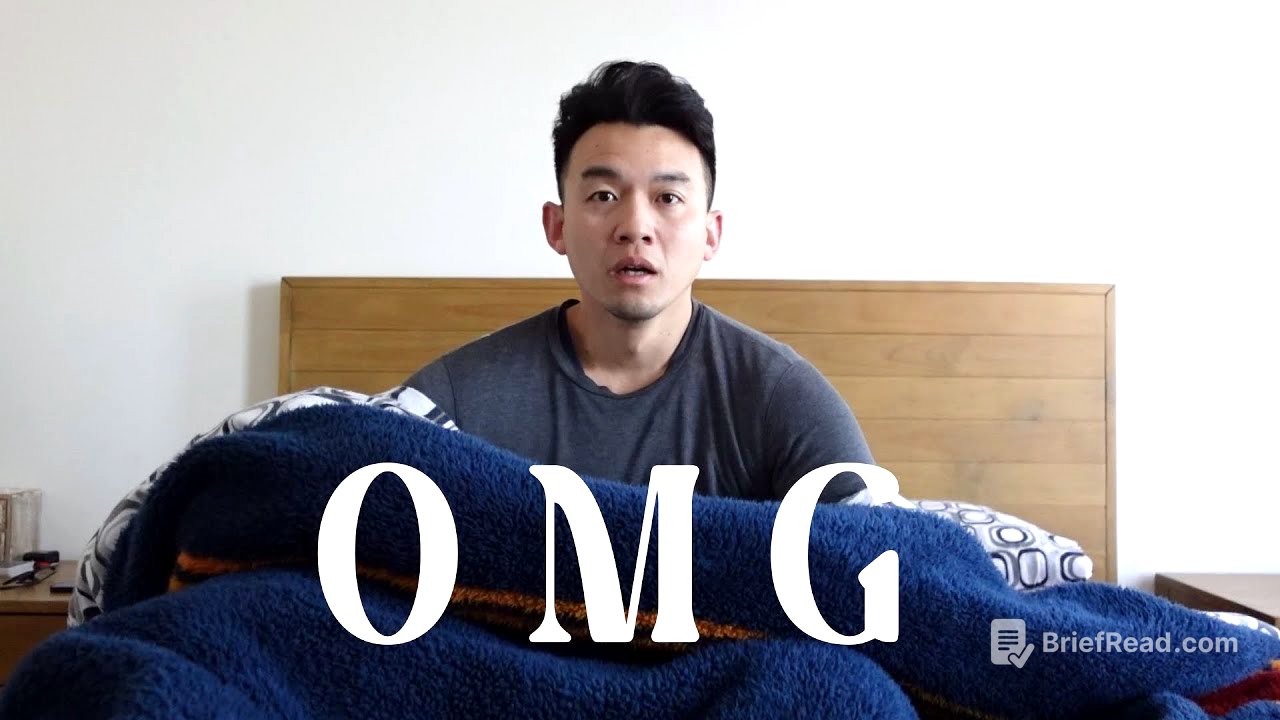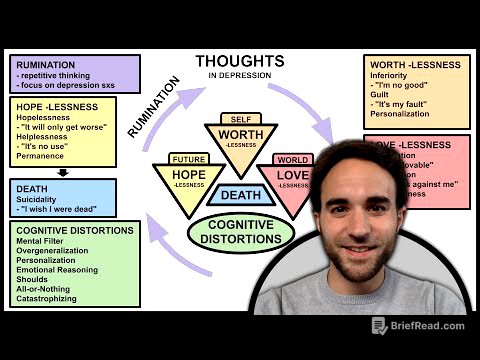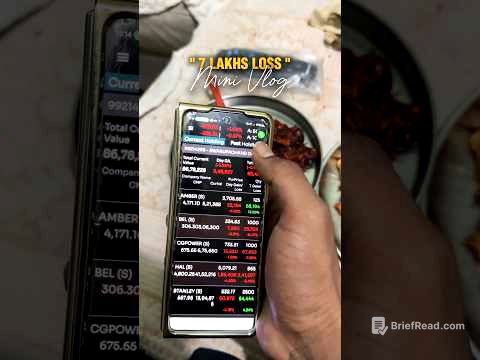TLDR;
David Wen shares his observations and experiences after returning to the US following four years in Europe. He discusses the overwhelming variety in American supermarkets, the prevalence of homelessness, and the high cost of healthcare. He also touches on the intense work culture, limited vacation time, and the societal pressure to compare oneself to others. Additionally, he addresses the political divide, issues with policing, and the pervasive nature of consumerism.
- Overwhelming variety in supermarkets can be time-consuming.
- High healthcare costs deter people from seeking emergency care.
- American work culture is demanding with long hours and limited vacation.
- Society is highly competitive, with people constantly comparing themselves to others.
- Political polarization and distrust in institutions are significant issues.
Grocery Shopping and Consumerism [0:39]
The author begins his observations with a trip to the grocery store, highlighting the overwhelming variety of choices available compared to Europe. He notes that while this variety is amazing, it can also be time-consuming, sometimes taking up to 20 minutes to choose a bag of chips. He also mentions Costco, describing it as a place where everything is available in extra-large sizes, with the added perks of free samples and cheap hot dogs.
Homelessness and Healthcare [2:14]
While going to lunch with friends, the author is struck by the prevalence of homelessness, a stark contrast to the glamorous image often portrayed by Hollywood. During lunch, the conversation shifts to the exorbitant cost of healthcare in the US, with friends sharing stories of receiving bills for $10,000 to $20,000 after emergency room visits. This leads to a discussion about work culture, where long hours and limited vacation time are the norm.
Work Culture and Vacation [3:15]
The author reflects on the demanding American work culture, noting the long hours, stress, and lack of vacation time. He acknowledges that while he misses the drive and ambition of American work culture, he finds it difficult to adapt to the lack of work-life balance. The conversation extends to vacation habits, with a friend describing a jam-packed one-week vacation visiting four countries, a common approach when time off is limited.
Sales Tax, Tipping, and Social Issues [5:11]
After lunch, the author walks towards Stanford University, encountering the complexities of sales tax and tipping. He observes that he is the only person walking, highlighting America's car-centric culture. At the university, he overhears conversations about mass shootings and police brutality, reflecting on the deep divisions and distrust in American society. He notes the media's role in exacerbating these divisions, with polarized news outlets presenting conflicting narratives.
Consumerism and Social Comparison [7:58]
The author visits a mall, observing American consumerism and overly friendly customer service. He describes shopping as a game of finding deals and earning credit card points, but warns of the dangers of falling into credit card debt. Later, while meeting friends for a drink, he encounters the common question about his profession and reflects on the American tendency to compare oneself to others, a competitive mindset ingrained from a young age. He recounts a personal experience where he felt judged for working at a Big Four accounting firm, illustrating the societal pressure to achieve high status.









